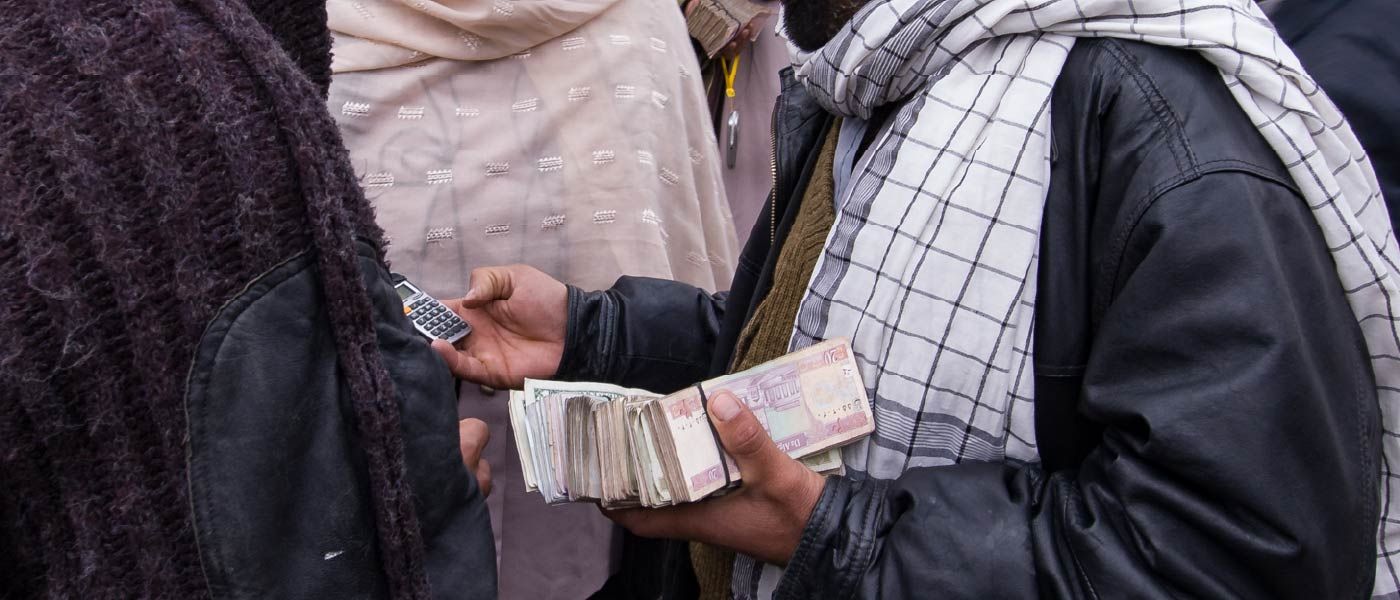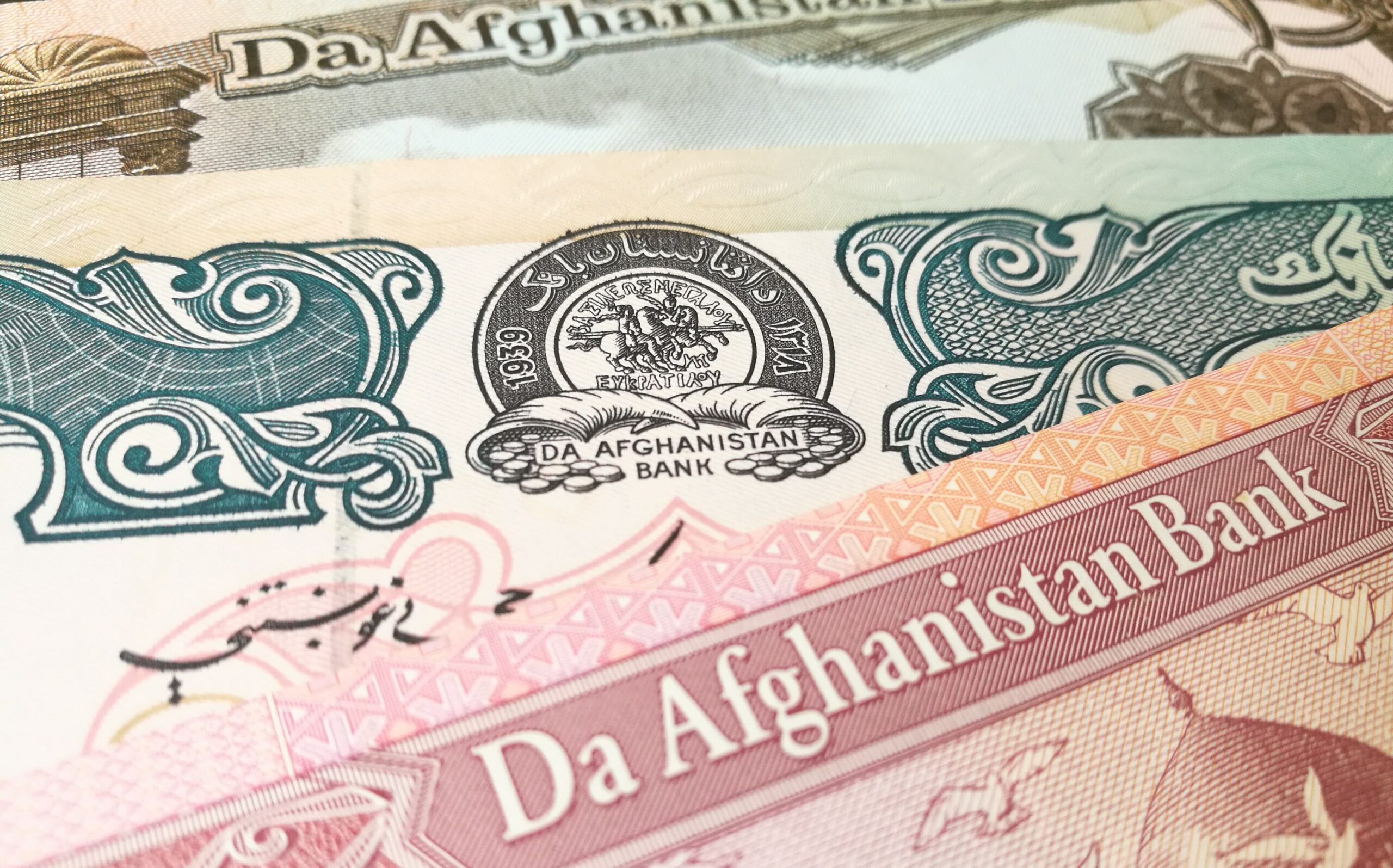
Array
(
[thumbnail] => https://s42831.pcdn.co/wp-content/uploads/2022/02/The-Biden-Administrations-Executive-Order-and-the-Afghan-Economy-Graphic-150x150.jpg.optimal.jpg
[thumbnail-width] => 150
[thumbnail-height] => 150
[medium] => https://s42831.pcdn.co/wp-content/uploads/2022/02/The-Biden-Administrations-Executive-Order-and-the-Afghan-Economy-Graphic-300x129.jpg.optimal.jpg
[medium-width] => 300
[medium-height] => 129
[medium_large] => https://s42831.pcdn.co/wp-content/uploads/2022/02/The-Biden-Administrations-Executive-Order-and-the-Afghan-Economy-Graphic-768x329.jpg.optimal.jpg
[medium_large-width] => 768
[medium_large-height] => 329
[large] => https://s42831.pcdn.co/wp-content/uploads/2022/02/The-Biden-Administrations-Executive-Order-and-the-Afghan-Economy-Graphic-1024x439.jpg.optimal.jpg
[large-width] => 1024
[large-height] => 439
[1536x1536] => https://s42831.pcdn.co/wp-content/uploads/2022/02/The-Biden-Administrations-Executive-Order-and-the-Afghan-Economy-Graphic.jpg.optimal.jpg
[1536x1536-width] => 1400
[1536x1536-height] => 600
[2048x2048] => https://s42831.pcdn.co/wp-content/uploads/2022/02/The-Biden-Administrations-Executive-Order-and-the-Afghan-Economy-Graphic.jpg.optimal.jpg
[2048x2048-width] => 1400
[2048x2048-height] => 600
[gform-image-choice-sm] => https://s42831.pcdn.co/wp-content/uploads/2022/02/The-Biden-Administrations-Executive-Order-and-the-Afghan-Economy-Graphic.jpg.optimal.jpg
[gform-image-choice-sm-width] => 300
[gform-image-choice-sm-height] => 129
[gform-image-choice-md] => https://s42831.pcdn.co/wp-content/uploads/2022/02/The-Biden-Administrations-Executive-Order-and-the-Afghan-Economy-Graphic.jpg.optimal.jpg
[gform-image-choice-md-width] => 400
[gform-image-choice-md-height] => 171
[gform-image-choice-lg] => https://s42831.pcdn.co/wp-content/uploads/2022/02/The-Biden-Administrations-Executive-Order-and-the-Afghan-Economy-Graphic.jpg.optimal.jpg
[gform-image-choice-lg-width] => 600
[gform-image-choice-lg-height] => 257
)
The Biden Administration’s Executive Order and the Afghan Economy
Moreover, the EO’s emphasis on humanitarian assistance gives inadequate attention to the problem of Afghanistan’s impending macroeconomic collapse: the acute lack of physical cash in afghanis that can be used to pay bills and workers and to facilitate use of aid dollars being brought into the country by the UN; restrictions on international financial transactions, now limited to humanitarian purposes, as opposed to commercial ones; and the overhanging fear of unintentionally running afoul of sanctions that discourages external banks and firms from attempting business with Afghanistan. In fact, the crisis in Afghanistan has increasingly, and rightly, been viewed as an economic rather than simply a humanitarian one.
In recent weeks, former US government officials, including several ambassadors and military commanders who served in Afghanistan (here and here) have echoed economists (1, 2) and relief workers who have increasingly stressed that humanitarian assistance is inadequate to resolve the crisis and that rather than focusing on importing and distributing food and essential supplies as relief, a more effective and complementary policy would be to get real economic activity going to generate jobs and income. As is often the case in crisis situations, markets in the cities may be full of food, but people do not have the purchasing power to buy it. With more economic activity, the feeding lines would be shorter, as some would leave to take on paying work. Delivering humanitarian assistance also has high overhead costs, and with the understandable requirement that it not go through the Taliban administration, would mean creating a new bureaucracy, parallel structures, and the inevitable corruption.
Banking officials and economists have circulated a number of sensible proposals (see: International Crisis Group, United States Institute for Peace) for steps that would allow the Afghan economy to re-start. Most of them are focused on the Afghan private sector and Da Afghanistan Bank (DAB), the statutorily independent central bank which retains a number of western-trained technical staff who understand the importance of maintaining its independent role. None of the proposals would require recognition of the Taliban or even the provision of aid. Given the urgency of the economic crisis, it was disappointing that the rollout of the EO did not address any of these proposals.
The three main proposals are, first, the release of small monthly or quarterly tranches of the billions in Afghanistan’s foreign exchange reserves frozen by the US, the IMF, and other financial institutions which would be used by DAB for standard central bank functions such as maintaining price and exchange rate stability. The use of the funds could be closely monitored, with release of additional tranches conditioned on the money being used as intended and without Taliban intervention. Release should start with the approximately $900 million that belongs to Afghan private banks and citizens and for which there is no justification for holding.
Second, help ease the liquidity crisis by, among other steps, allowing the delivery of printed afghani notes currently sitting in Europe. With a severe shortage of physical cash, even Afghans who have money in their accounts cannot withdraw it to spend on essential goods or to pay workers. Increased liquidity would also allow the UN to convert the US dollars it has imported to pay for local expenses. The UN is attempting to start a “Humanitarian Exchange Facility” for precisely that purpose, but this was anticipated to be a temporary measure until the country’s foreign reserves were released and DAB resumed functioning.
Finally, reduce the friction and risk that foreign banks and firms absorb for conducting commercial transactions with Afghanistan out of fear of running afoul of US and UN sanctions. The UN has slightly expanded its exemptions to include so-called “humanitarian-plus” activities, but at present, the US is allowing only transactions that can be considered humanitarian. Other transactions with Afghanistan are simply too risky and too expensive for actors outside the country. The US Department of the Treasury’s Office of Foreign Assets Control’s “general licenses” for humanitarian exceptions, while quite broad, are “self-executing,” which means that traders and bankers must themselves assess whether or not they will get caught up in sanctions. One mobile phone provider in Kabul, attempting to order spare parts from Europe, reported that the supplier hung up the phone when he realized where the call was coming from.
Taking steps such as these to get the economy going would represent a “middle path” of engagement with Afghanistan and would be the right thing to do. It would not require recognition of the Taliban or acceptance of their policies. At present, the US is letting the Taliban off the hook by not being seen to do more to mitigate an intolerable situation. Just how will letting the economy collapse uphold the oft-stated commitment to the Afghan people, especially Afghan women and girls, who are bearing the brunt of the economic crisis? What can we expect in terms of popular backlash as an entire country goes hungry while its savings sit idly in US banks or are tied up in US courts?
Unless a short cut or alternative mechanism is found, Friday’s EO announcement virtually ensures that the most important steps that could be taken to unlock the Afghan economy will not occur quickly enough to make a difference and might not happen at all. It could even limit the slow progress that was being made on the humanitarian side, in part by continuing the stranglehold on the financial sector. It is possible that this could do more harm than good. As one Afghan lawyer put it, this is a “death sentence for the financial sector, as the currency would become almost worthless; it would doom Afghanistan to be dependent on humanitarian assistance indefinitely.”
The Biden administration continues to walk a difficult line: trying to mitigate a humanitarian catastrophe (it’s too late to “avert” it) while shying away from anything that domestic political rivals could claim was “supporting the Taliban.” It is also trying to pin the blame for the crisis on the Taliban’s poor management of the economy and their refusal to make the internationally sought concessions on human rights and inclusion that could lead to official recognition and material support. Yet this approach is failing on both objectives: Afghans continue to suffer, and domestic critics have already accused the administration of being “soft on the Taliban.”
After several days of criticism, US officials have tried to clarify the intention of the EO, noting that the goal is to make at least some of the assets available without having to wait for the court process, and that the funds were better used for purposes such as the recapitalization of the central bank rather than humanitarian assistance, which is “deeply insufficient.” The true implications of the EO for how much of Afghanistan’s reserve funds will be used and for what will only be known when the court cases work through the US legal system. But the sequestering of Afghanistan’s funds (even if assuming the best of intentions) strikes many Afghans and other observers as highly unjust, not least because it links at least some of those funds to the 9/11 hijackers, none of whom was Afghan.
Immediate reactions included online petitions, accusations of “stealing” Afghan assets, and a statement by the former Norwegian foreign minister and UN envoy to Afghanistan asking, “How low can you sink?” It is unlikely that much of this storm can be quieted. Given the convoluted nature of the US legal system and the uncertainty of a positive outcome, most will either be unable or unwilling to parse the intricacies of the case. It may feel like leaving the outcome to chance or, worse, to a system that many assume is rigged or at least not neutral. Many Afghans in Afghanistan or among the diaspora are frustrated and angry at what they see as poor treatment at the hands of the US and the international community, and this is being seen as just the latest injustice. It would require making a leap of faith in a US government that is already suffering a profound trust deficit.
The non-economic consequences of the latest move could include ongoing anger among, ironically, Afghans who the US would like to support in pushing back against Taliban policies. The narrative that an outside power is seizing resources can be hard to dispel, especially where the trust deficit is already great. (The US record for managing complicated operations involving other nations’ cash assets is not a great one.) Moreover, the longer the economic crisis goes on, the more the US is allowing the Taliban to blame it and the international community for the entire economic and humanitarian crisis, including that portion caused by their own poor decisions and lack of capacity. As one observer put it, “The humanitarian crisis is becoming a US and western crisis.”
According to one calculation, in the coming year, sanctions will take the lives of more civilians than did the previous twenty years of fighting. Relying on flying in food while the economy unnecessarily flails would highlight the absurdity of using taxpayer funds for humanitarian assistance when Afghan funds are sitting in a bank outside of the country. As the New York Times pointed out, “The world will be treated to the spectacle of Americans and Europeans paying to mitigate a humanitarian disaster caused, in part, by the fact that many Afghans have been cut off from their own money.”
Ironically, the winter’s heavy snow holds out the promise of a release from the last two years of drought. With the spring planting season approaching, relaxing the imposed constraints on Afghanistan’s economy would allow its people the opportunity to turn that snow into an asset. Unfortunately, last Friday’s Executive Order makes that prospect appear to be an even more distant one.
Photo: Shutterstock / timsimage.uk
More Resources
-
-

The New Afghan Fund and Engagement with the Taliban
Paul Fishstein
Stay Connected
Subscribe to our newsletter and receive regular updates on our latest events, analysis, and resources.
"*" indicates required fields
